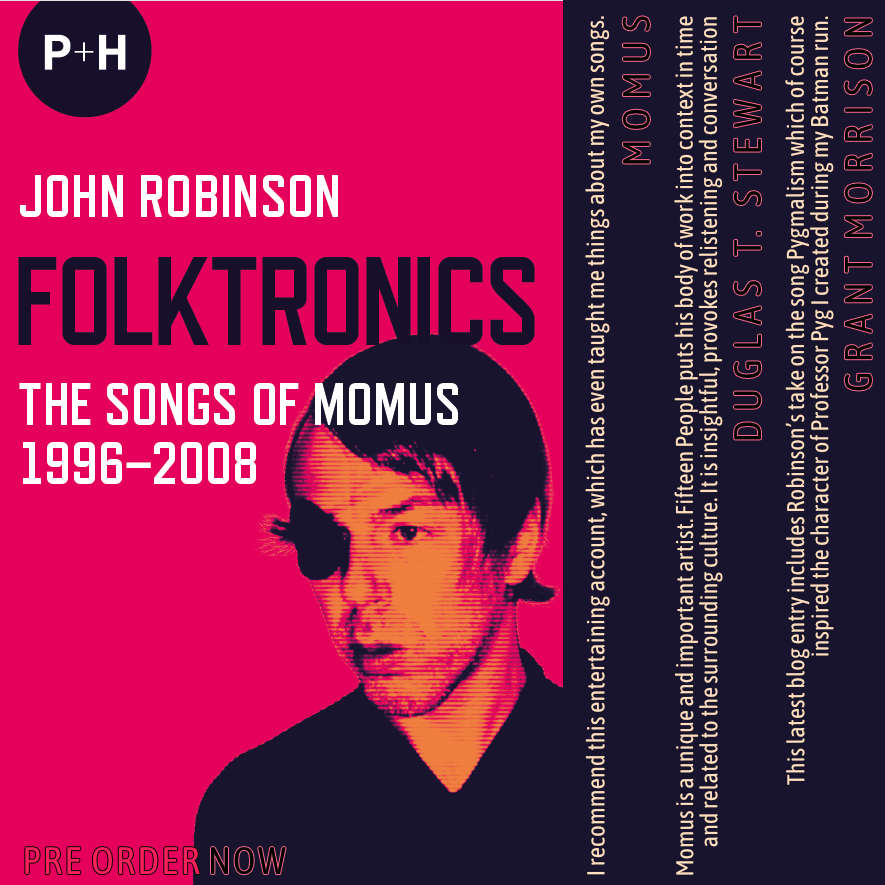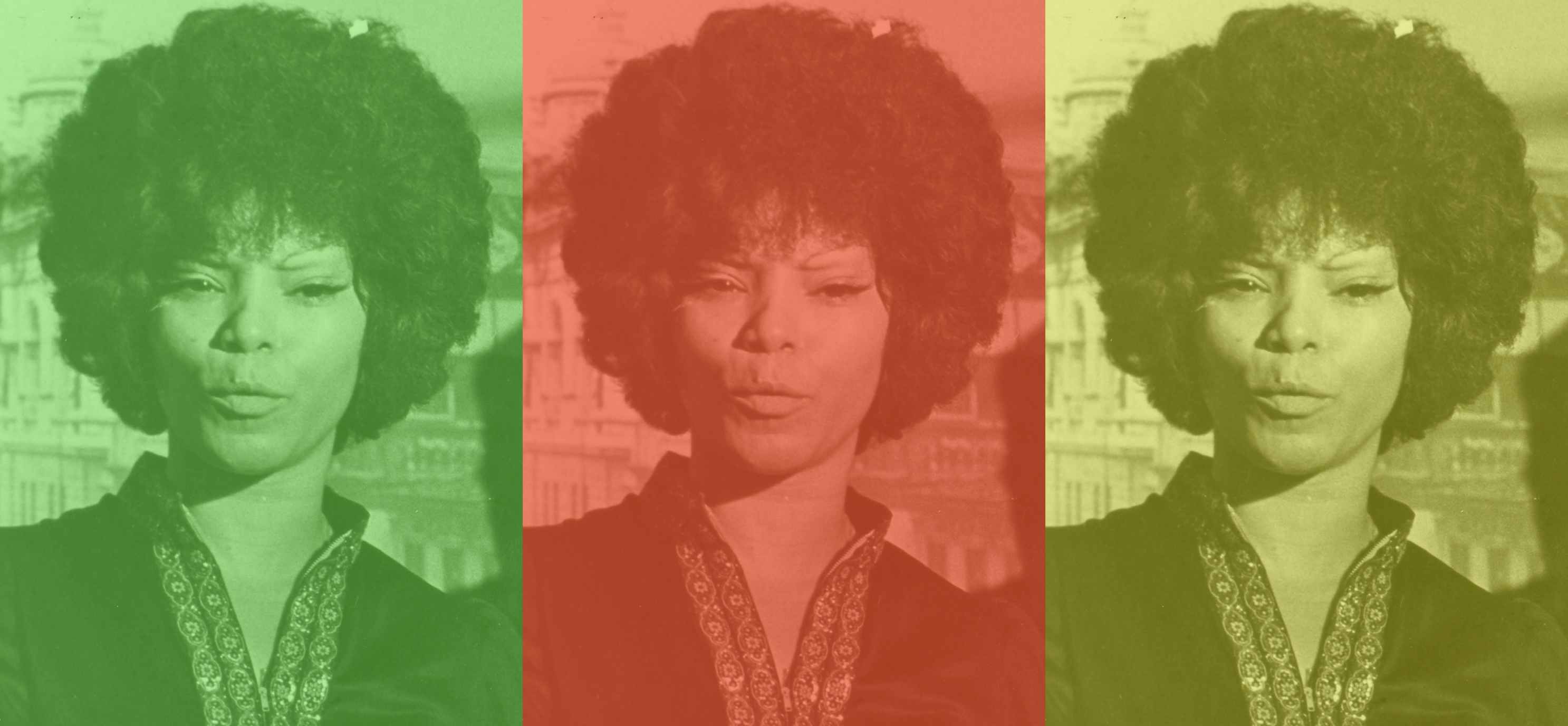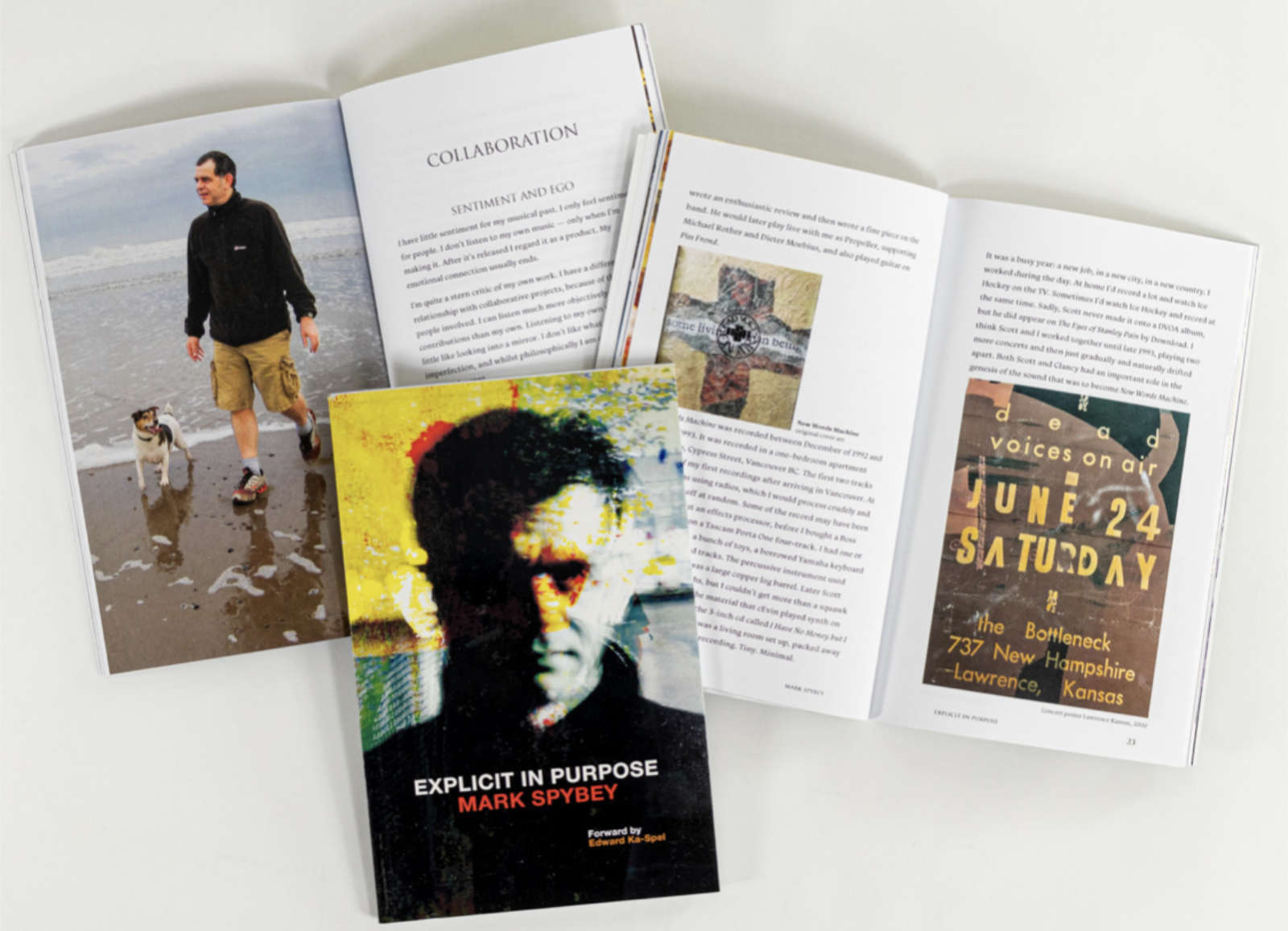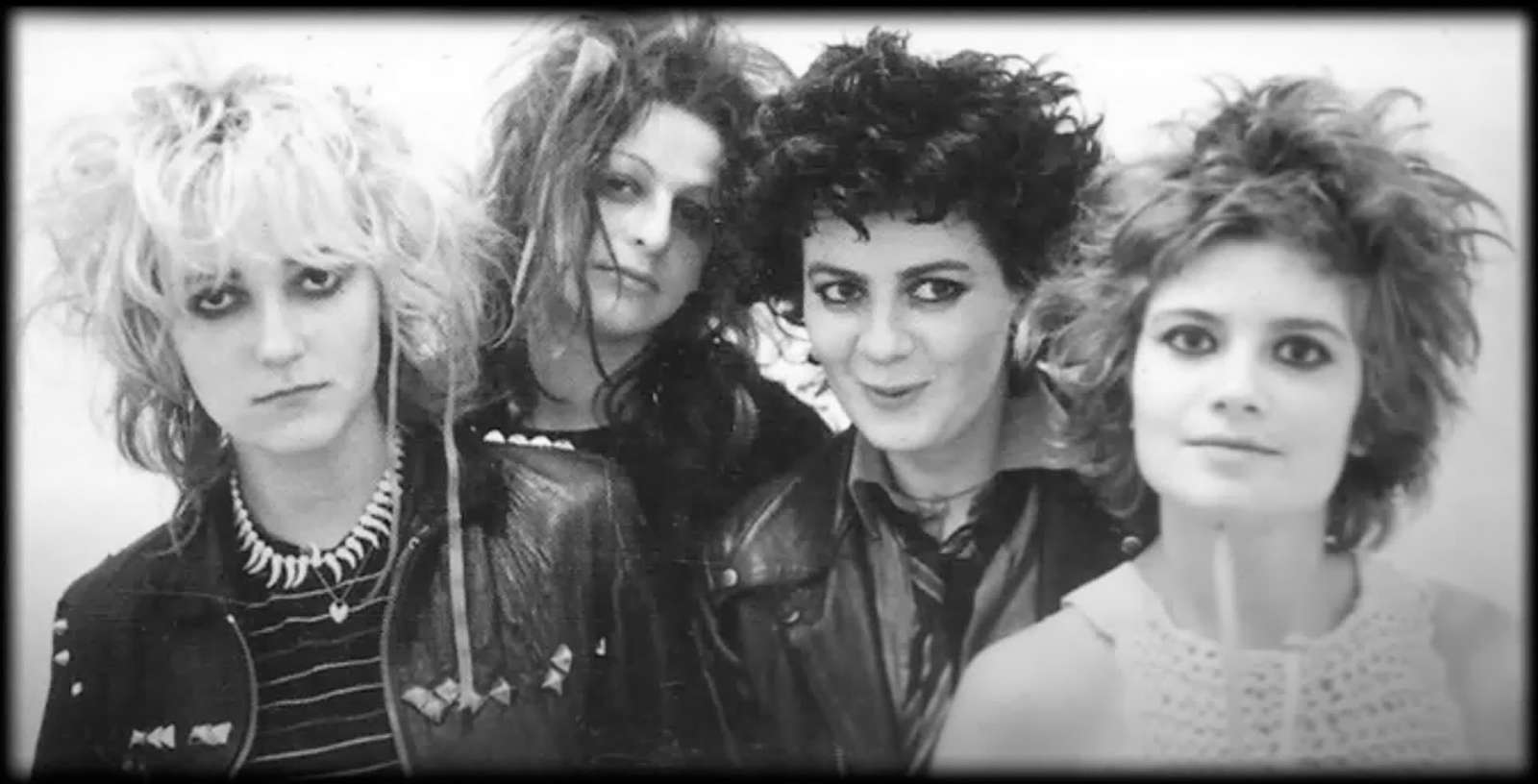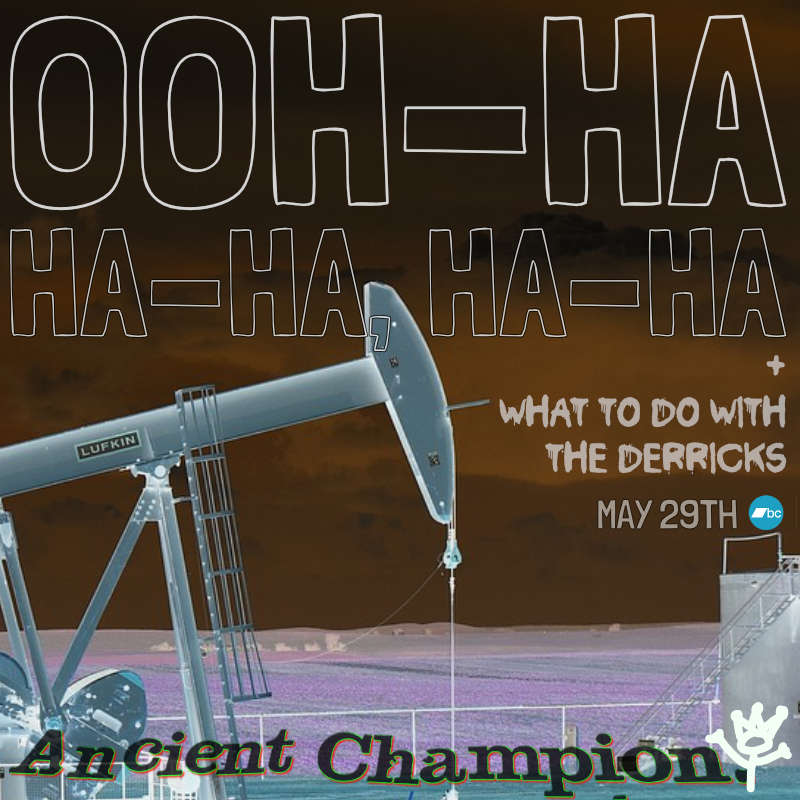LANKUM
False Lankum
(Rough Trade)
Back in the mid-1970s, pop-friendly folk band Steelye Span had a hit with a breezy ballad called 'All Around My Hat'. It seems implausible, ridiculous even, but some authorities may argue that the song is a distant relative to the blood-curdling tragic tale of suicide 'Go Dig My Grave' - the opening number on Lankum's marvelous fourth album. Certainly, 'Go Dig My Grave' has been through so many interpretations (note Elvis Costello's take on 'The Butcher Boy' or Rachel Unthank and the Winterset's 'I Wish I Wish'), but Lankum's eight-and-a-half-minute version moves from Radie Peats haunting and grieving vocals to what feels like a horrifying droning film soundtrack. How could it possibly share any musical DNA with 'All Around My Hat'? How?
Dubliners' Lankum have the special ability to interpret traditional songs in such radical and rewarding ways, of making something new out of traditional music, all whilst keeping a sense of reverence. With ‘Master Crowley’s’ there's a strange delight in how an intoxicating reel can turn into something disorientating, perilous, and fearful. But far more unsettling in Lankum’s take on ‘The New York Trader’, the traditional tale of, according to Ian Lynch of the band of what may happen when:
‘Someone who had done terrible things had found themselves in command of the ship and in order for the passengers and crew to save themselves, it became necessary to throw the captain overboard..but (we) now live in fear as the bloated corpse threatens to resurface, this time commanding an army of the dead.’
As the tale unfolds the music swirls, hypnotically with growing intensity. It’s a bewildering delivery, the extended reel that brings the song to a close is filled with foreboding.
Elsewhere, Gordon Bok's heart-breaking acoustic ballad of a sailor's woes 'Clear Away in the Morning' is remade with such elegant harmonies from the Lynch brothers (those voices have, quite astutely, been compared to Fleet Foxes' 'White Winter Hymnal'.) There’s also a sensitive adaptation of the world-weary ‘On a Monday Morning’ , as with Rachel Unthank and the Winterset’s version, it captures that post-weekend hungover remorse so astutely.
The album ends with the fading light of summer, of ships sailing, or mourning, and moving on with the ambitious thirteen minutes of ‘The Turn’. Midway through, the harmonies disintegrate, the song fades into echoes. What remains is a drone, a sound that envelops you. Maybe even tries to drown you. Waves, upon waves, upon waves.





